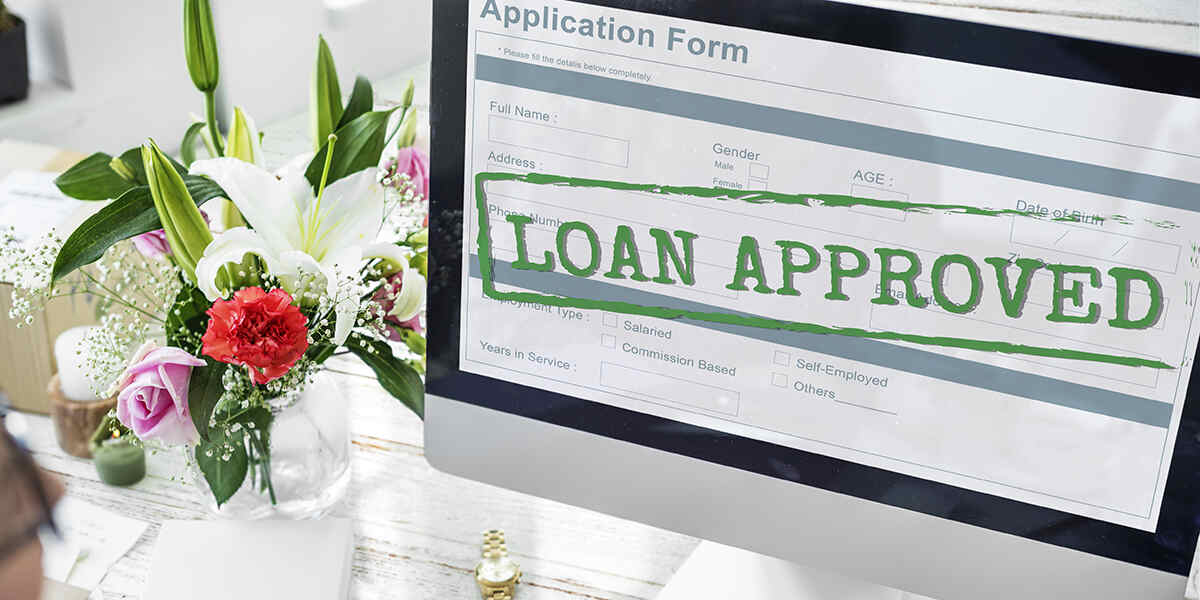Are you seeking an FHA loan for your new home? FHA loans are known for being accessible with low down payment requirements. However, some factors can disqualify you from getting one. Understanding these factors is crucial for improving your approval chances. Let’s look at common reasons for FHA loan denials:
Important FHA Guidelines for Borrowers
FHA Credit Requirements for 2024
In 2024, borrowers who want an FHA loan must meet specific credit score requirements from the government.
A minimum FICO® score is necessary to qualify. The borrower’s credit history is a big factor in determining FHA loan eligibility.
To assess creditworthiness, lenders look at payment history, outstanding debts, and credit usage.
To meet FHA requirements, borrowers can improve their credit score by paying bills on time, reducing debts, and fixing any errors in their credit reports.
Showing good financial habits and a solid credit score boosts approval chances for an FHA loan.
Potential homebuyers must stay on top of their credit to qualify for an FHA loan in 2024.
FHA Loan Credit Issues
Bad credit can affect a person’s chances of getting an FHA loan. One major factor is the credit score. Lenders use this to decide if someone is a reliable borrower. Low scores can lead to rejection or higher interest rates.
Too much debt compared to income can also be problematic when applying for an FHA loan. A high debt-to-income ratio shows financial strain, raising the risk of not paying back the loan.
Insufficient income can also make it hard to qualify for an FHA loan. Lenders check income to see if the borrower can repay the loan. Not enough income can make it tough to meet loan requirements and pay for things like down payments and fees.
These factors are key in deciding if someone qualifies for an FHA loan.
Reasons for an FHA Rejection
Bad Credit
Bad credit makes it hard to get an FHA loan. Lenders look at credit history to decide if someone qualifies for a loan, and a low credit score can stop someone from getting one.
To have a better chance at getting an FHA loan with bad credit:
-
Reduce debt
-
Make payments on time
-
Check for mistakes in the credit report
People with bad credit are often denied FHA loans because of:
-
High debt compared to income
-
Not enough money for down payment and closing costs
-
Not meeting the required credit score
To improve the chances of getting an FHA loan, work on:
-
Boosting credit score
-
Increasing income
-
Saving money for down payment and costs.
Too Much Debt
Having too much debt can make it hard to get an FHA loan. FHA loans need borrowers to meet certain debt-to-income ratio requirements. If a borrower’s debt is too high compared to their income, it can worry lenders. This might show financial strain and a higher risk of not paying back the loan.
Big credit card balances, multiple loans, and past missed payments are signs that someone has too much debt. Borrowers can reduce their debt to improve their chances of getting an FHA loan. They can make a budget, focus on paying off high-interest debts, and consider consolidating their debt. By managing and lowering their debt, borrowers can show they are responsible with money and have a better shot at getting an FHA loan.
Not Enough Income
The borrower must make sure their income meets FHA guidelines for loan approval. Compare your income to FHA’s minimum requirements to determine eligibility.
If your income doesn’t meet the criteria, there are steps you can take. You can explore extra sources of income, look for better-paying jobs, or improve money management skills.
By tackling income issues early, you can improve your chances of getting an FHA loan and buying a home.
FAQ
What credit score is needed for an FHA loan?
A credit score of at least 580 is needed for an FHA loan with a 3.5% down payment. If your score is between 500 and 579, a 10% down payment may be required. Improving credit before applying can increase your chances of approval.
What income requirements must be met for an FHA loan?
To qualify for an FHA loan, borrowers must have a steady employment history and a minimum credit score of at least 580. Additionally, their debt-to-income ratio should typically be lower than 43%.
What are some common reasons for disqualification from an FHA loan?
Common reasons for disqualification from an FHA loan include low credit score, high debt-to-income ratio, insufficient income, and inadequate property appraisal value.
Can a history of bankruptcy disqualify you from getting an FHA loan?
No, a history of bankruptcy does not disqualify you from getting an FHA loan, but there may be waiting periods before you can apply. For Chapter 7 bankruptcy, you typically need to wait two years; for Chapter 13, you may be eligible after one year.
Are there any property requirements that could disqualify you from an FHA loan?
Yes, potential disqualifiers include the property not meeting FHA guidelines, being a fixer-upper without meeting minimum property standards, or having special features like a non-residential space exceeding 25% of the total floor area.
Learn about the factors that may disqualify you from an FHA loan with Champions Mortgage. Our team provides detailed insights into eligibility criteria and offers advice on how to address potential disqualifiers. Contact us today to better prepare for your FHA loan application and increase your chances of approval.







